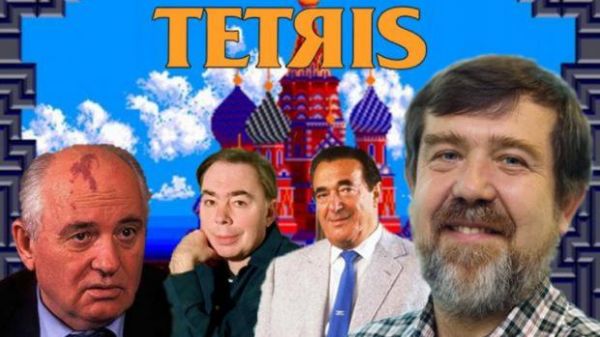People
have been enjoying the video game Tetris for 32 years now. The simple
yet exceedingly clever game is maddeningly addictive. In fact, its
creator, Alexey Pajitnov, was so hooked on his own game that he could
barely get any work done at the Soviet Academy of Sciences. But even
though he realized how successful his creation might be, profiting from
your own creation was illegal in the Soviet Union in 1984. So he gave it
away, sharing it with friends, who shared it with others, until it
leaked to the outside world. A British company started manufacturing and
selling Tetris.
Behind the iron curtain, a
state-owned company called Elektronorgtechnica (or Elorg for short) had
taken over the responsibility of selling the rights to Tetris overseas.
Because Pajitnov and his colleagues had created Tetris while working for
the Soviet Academy of Sciences, Tetris effectively belonged to the
state, and by extension, Elorg.
It’s here that the rights issue
surrounding Tetris became somewhat fraught. The UK company Andromeda was
forced to negotiate a proper licensing deal with Elorg when the
latter’s director, Alexander Alexinko, noticed that Andromeda was
selling on rights that it didn’t actually own. Meanwhile, Spectrum
HoloByte sub-licensed its rights to Henk Rogers’ company, Bulletproof
Software, which planned to sell Tetris in Japan, without realizing that
Mirrorsoft had also sub-licensed the game to Atari, who planned to sell
it not only in America, but also in Japan.
If you
think that’s confusing, the KGB and Soviet president Mikhail Gorbochev
got involved in the negotiations, too. Read the rest of
the story of how Tetris became a worldwide phenomenon at Den of Geek. And there’s extra trivia about the game in the same post.


No comments:
Post a Comment